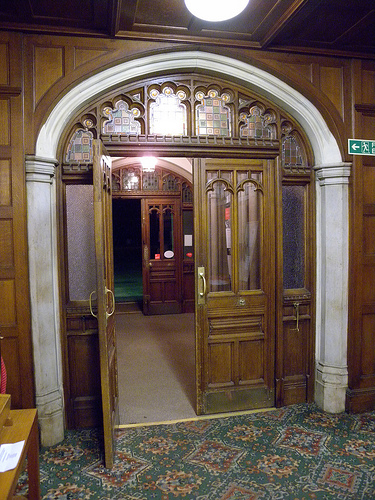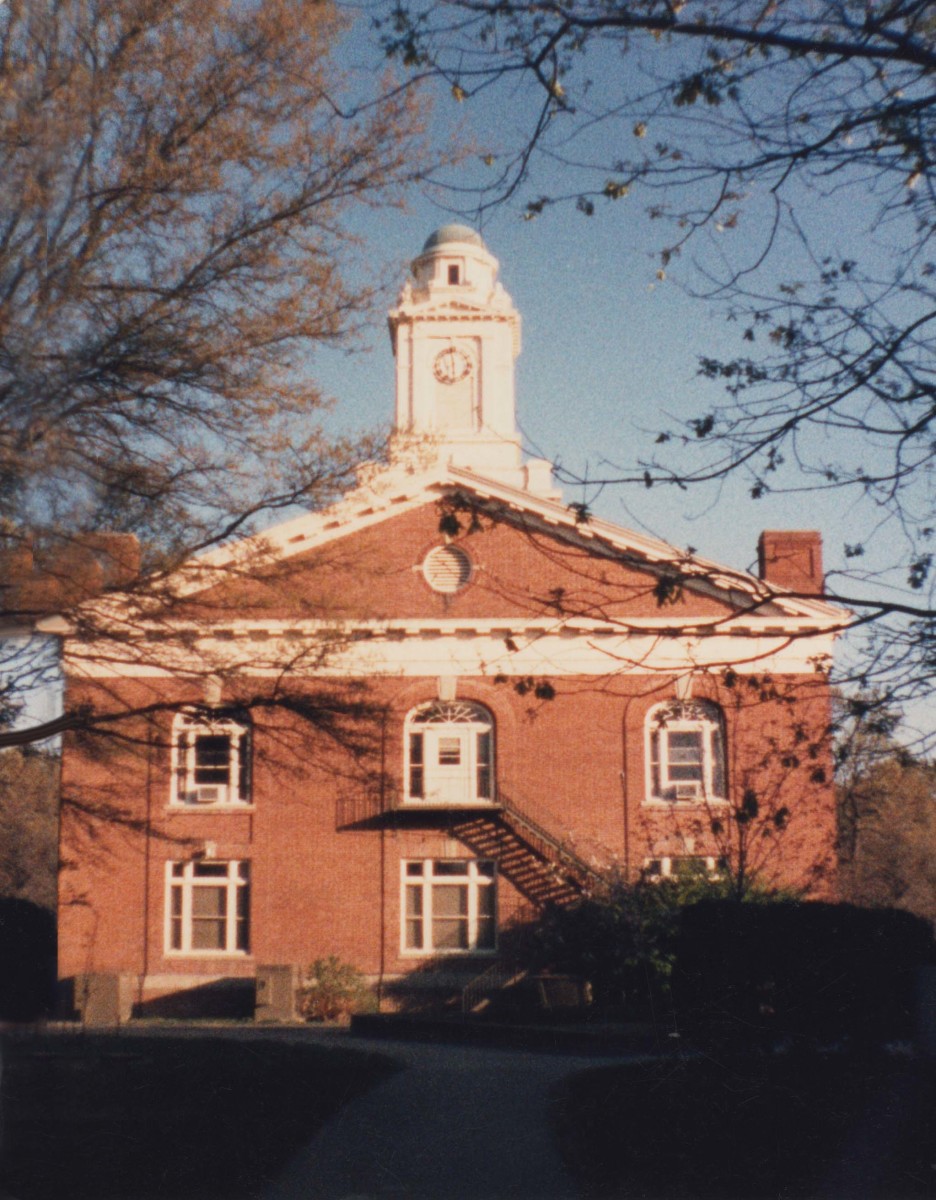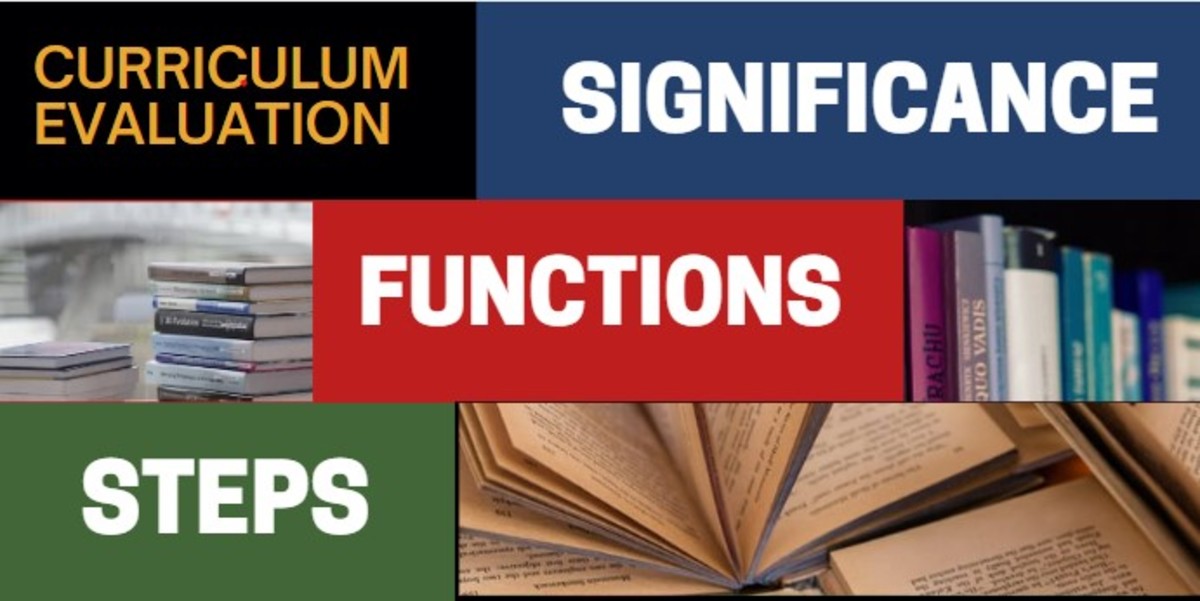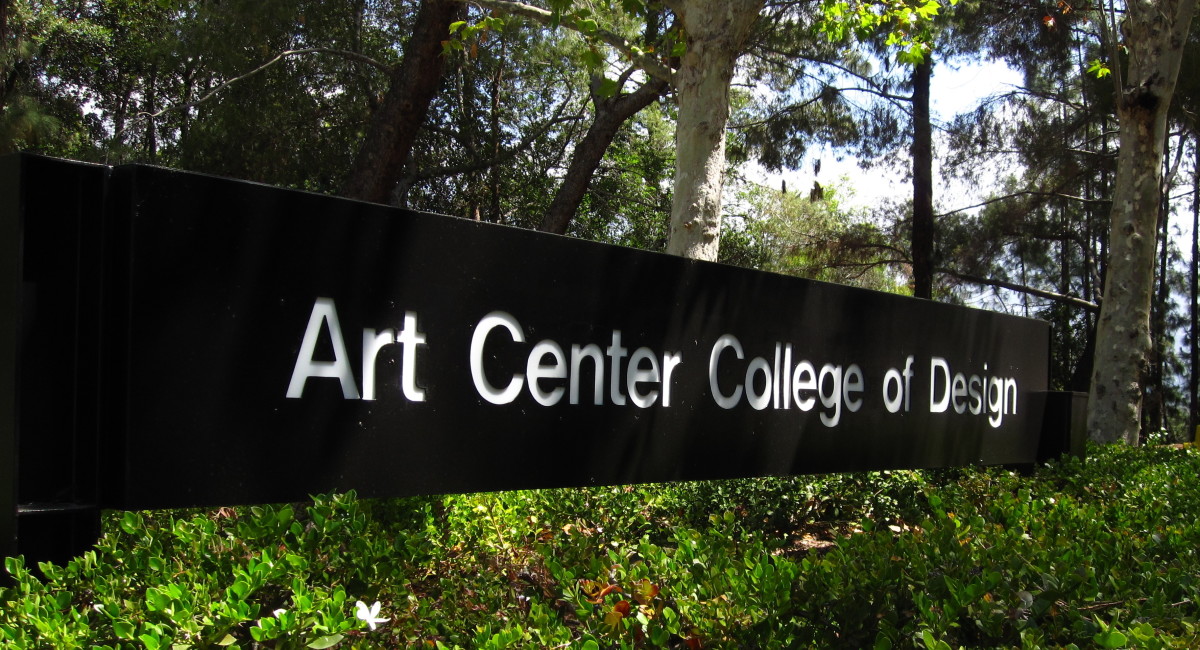Are Small Private Colleges Becoming Obsolete?
Even Harvard Must Rein in Operating Costs
It was reported in USA Today that as of November 11, 2013, Harvard University is also operating at a $34 million deficit. However, the demand for acceptance at this elite institution remains as strong as ever. Harvard admits only about 6 percent of candidates, and offers needy students a generous aid package.
The school's endowment is still healthy as well, at $32.7 billion.
Can Elite Liberal Arts Schools Survive in Today's Economy?
Attending a private college can now cost more than $60,000 a year. Not surprisingly, a growing number of students, and their parents, are starting to wonder if this is money well spent. Meanwhile, endowments at these institutes have taken a hit, thanks the to recession that began in 2008.
Now some people are asking the unthinkable. Is it possible some of these colleges won't be around forever?
It certainly seems that way, at least according to an article published earlier this year in Boston Globe Magazine. Education is a big industry in New England, where ivy-covered brick campuses dot the landscape.
Higher Education Shifting Away from Liberal Arts
Historically, private colleges served the relatively privileged from the six-state New England region, as well as well-heeled students from other parts of the country, who told people they were going "back East" for school.
However, all of this is beginning to buckle under financial pressure and a changing marketplace. In recent decades, higher education has slowly shifted from a liberal arts curriculum, strong on the humanities, to technical training that provides graduates with very specific job skills.
It isn't just the perception that private colleges are too expensive to even consider. Many smaller schools also don't offer majors that are hot right now, such as engineering and an accredited computer science program.
Relics from the Past?

More than the Market Can Bear
Tuition can't keep going up indefinitely. As least not without some backlash and resistance. Private colleges have gotten so expensive that even parents of means, who could pay the tab, are deciding a public education may not be so bad, after all.
This has caused great speculation as to whether these elite enclaves are still viable. Already a few colleges have closed and others are operating in the red, according to the Boston Globe Magazine report.
It's become painfully clear that continuing to raise tuition isn't the answer, because the cost of attendance greatly exceeds what the market will bear.
Just a generation ago, American students typically went for "the college experience" as well as for an education. Now, the focus shifted to how you can earn a degree and get to work, so you can start paying off your loans.
For most students, enrollment decisions are now based upon the best financial aid package. Intangibles such as location and campus atmosphere are secondary.
Oftentimes, but not always, a degree from a public university is much more affordable.
This might not have been the case a decade ago. Historically, private schools have been generous with financial aid. But that was before endowments, at many of these colleges, headed south.
Public Flagships have Never Been More Popular
When my daughter was a high school junior, we started going on college tours. It soon became apparent nearly all of the action was in the public sector. Our large state flagship, with a reputation on the upswing, had more applicants than ever seen before. Our campus tour was crowded. We were told that getting into this school wouldn't be easy. "If you are wait listed," I remember the tour guide saying, "make other plans. It's rare that we take people off the wait list."
The Boston Globe article, on the other hand, listed colleges in New England that still had room in their classes for the next fall, even though it was well past the application deadline. Most of them were small, private liberal arts colleges.
The small private college we visited was sleepy. It was also somewhat dreary. Our tour guide said repeatedly that this was because we were visiting on a Saturday morning, and the students hadn't woken up yet. But there should have been a lot more signs of life.
Even though we stayed past noon, and had lunch in the dining commons, it still seemed as if this school was becoming obsolete. It might have been the over-priced tuition, or the fact that nearly everyone was white, except for an Asian cafeteria worker, but it was like entering a different era, and not one representative of 21st-century America.
That's when it dawned on me that the public universities are where we'll find the crowds.
A Growing Number of Americans are Shying Away from Private Colleges

Maximize Student Aid
A Reversal of Fortunes
Public universities are enjoying a cachet they've never had before. Some of them, ironically, are much more selective than many smaller private institutes. There are even reports of academic standards falling by the wayside, in the some of the tiny liberal arts schools, as long as a student can pay full price.
My daughter and I sat through a presentation given by an admissions representative of a Tier 2 state university. A generation ago, this was where you went if you were poor. Or if you had poor grades.
The admissions rep made it clear her school was becoming increasingly picky. The acceptance rate is now a little more than 70 percent.
Looking on the US News & World Report website, which ranks colleges, it was clear that several small private schools within an hour or two drive from this Tier 2 university now had higher admission rates.
Video on Coping With College Debt
Overall College Enrollment Dips - The Beginning of the End?
There's another trend that is also hurting the small Tier 2 and Tier 3 private schools. Overall college enrollment in the United States is down, due to a combination of demographics and financial fears. Some of the boomerang children born to Baby Boomers are now aging out of college. Other students are choosing not to continue their educations, because of the expense.
Nowhere is this felt more painfully than at small liberal arts colleges. Even tuition discounts, sometimes by as much as half off, aren't luring enough students to campus.
What's the Future for Elite Institutes?

Paying for College Without Sacrificing Your Retirement
Some Institutions are Getting Desperate
Two years ago, after my daughter sent out applications, we began to get mail solicitations that bordered on the desperate. During the late spring, when some private schools realized they might not have the numbers to fill their freshman classes, we started getting postcards that it was now free to apply.
These mass mailings came late in the process, after she had already received some of her decision letters. So this seemed like a calculated move to recruit students who might have received disappointing news.
It's very clear the world of higher education has changed a lot, in just a short time. We can likely expect many more changes in the years ahead.
More Signs of Desperation
My son has already put a deposit, and he'll be attending a four-year institute this fall. The national deadline for reserving a place in next year's freshman class is May 1, no matter what college or university you choose to attend.
However, in mid May, my son started getting postcards from a small religious affiliated college in another state. If I remember correctly, they offered a guaranteed $20,000 scholarship. It was clear that they still had room, and the repeated mailings had a ring of desperation. It appears as if this college, as well as a number of others, may not have a long future.
Disclosure
I am a participant in the Amazon Services LLC Associates Program, an affiliate advertising program designed to provide a means for sites to earn advertising fees by advertising and linking to amazon.com.











